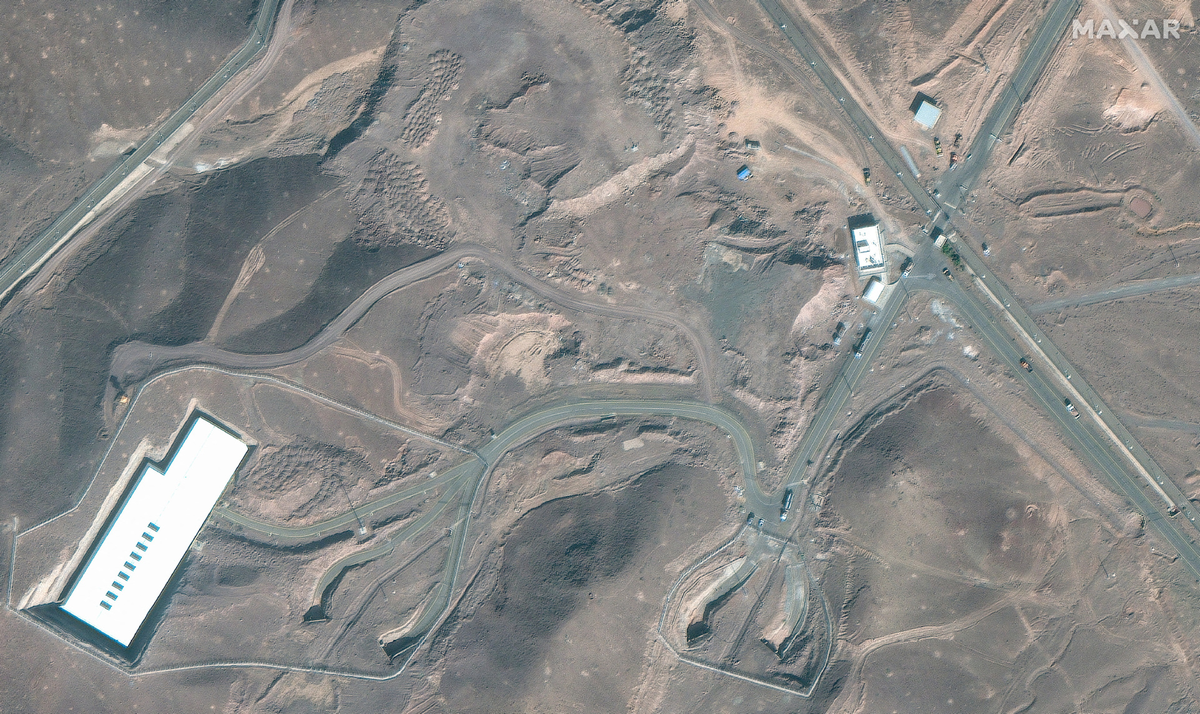US' lawbreaking attacks further step toward abyss: Editorial flash


The United States' unilateral military strikes targeting Iranian nuclear facilities at Fordow, Natanz and Isfahan constitute a reckless escalation and a flagrant violation of international law. This direct intervention in the volatile Israel-Iran conflict violates the sovereignty of Iran and fundamental principles of the UN Charter. Such unilateralism undermines the rules-based international order and sets a dangerous "might-makes-right" precedent.
Although Washington is suggesting that the US' bombing of multiple Iranian nuclear sites on Saturday is a contained move to prevent the Islamic republic producing nuclear weapons, it has all the hallmarks of another "washing powder" moment with Israel resolutely trying to drag the US into a war with Iran.
As House Representative Hakeem Jeffries said, President Donald Trump didn't seek Congressional authorization for the use of military force and he therefore "shoulders complete and total responsibility" for the risks of entangling America in a disastrous war. This marks a stark reversal from Trump's "America First" campaign pledge to avoid foreign conflicts.
The attacks may have already opened Pandora's box. What the world should be concerned about now is the immediate consequences and implications of the strikes, which not only violated Iran's sovereignty and territorial integrity, but also breached multiple international laws and rules on nuclear security.
International law provides clear protection for nuclear facilities worldwide. Article 56 of the Additional Protocol 1 to the Geneva Conventions expressly prohibits attacks on nuclear plants, because such attacks can cause nuclear leaks jeopardizing the lives of thousands of civilians. The International Atomic Energy Agency, too, has, in many of its resolutions, condemned attacks on nuclear facilities as gross violations of international law and the UN Charter.
The attacks came amid intensive diplomatic efforts to reach a political resolution of the Iran nuclear issue. Although the US signaled that after the attacks its bilateral talks with Iran can continue, the Saturday attacks are likely to have derailed the whole process aimed at securing a negotiated settlement of the issue.
The attacks also came at a time that Iran's increasingly effective response to Israel's aggression has pushed the latter to a breaking point dragging their conflict in the direction of a war of attrition that Israel is in no position to wage.
But although the US' Saturday attacks may have seemed to help Israel reverse the situation, they have only served to push the situation further toward the abyss.
United Nations Secretary-General António Guterres rightly warned the actions pose a "direct threat to international peace and security", risking uncontrolled escalation with catastrophic humanitarian consequences for civilians already suffering across the Middle East.
Trump's threatening of more strikes "if peace does not come quickly", issued shortly after the bombings, starkly underscores this volatility. Further conflict will inevitably undermine global stability by jeopardizing peace, energy security and disrupting critical shipping lanes, sending shockwaves through a fragile world economy.
As the world stands on the brink of a cataclysm, it is imperative that reason prevails. Diplomacy, not unilateral force and threats of escalation, is the only viable path to sustainable security and preventing nuclear proliferation.


































